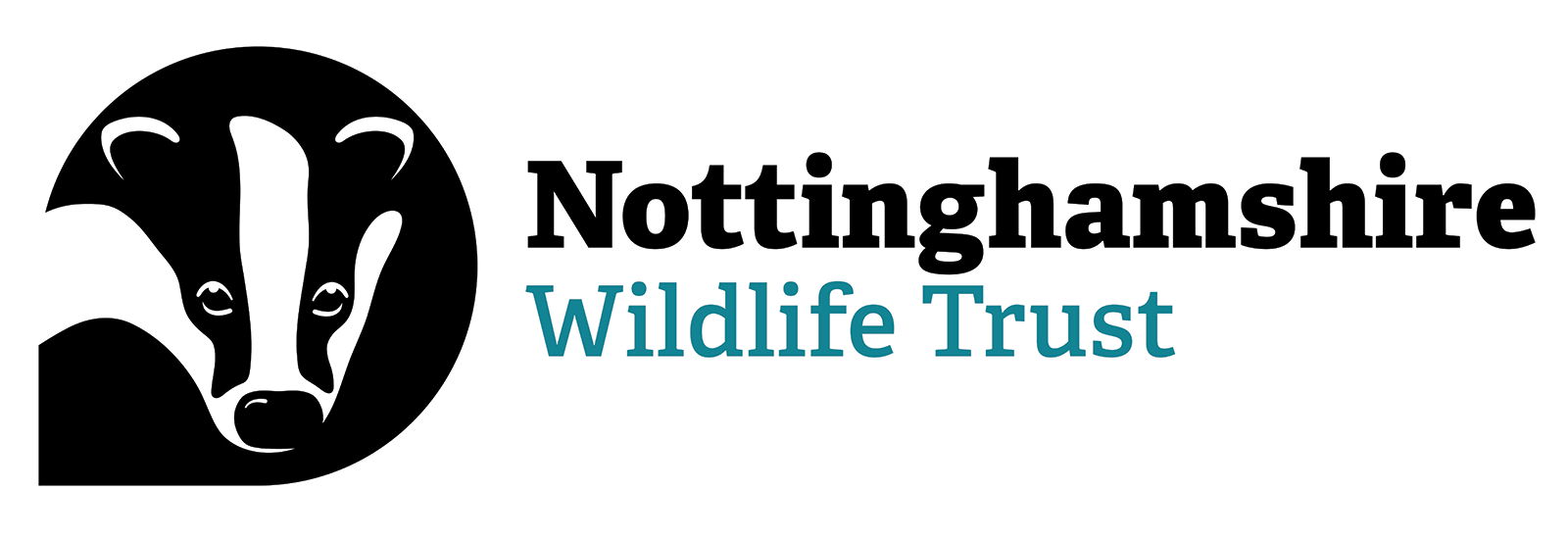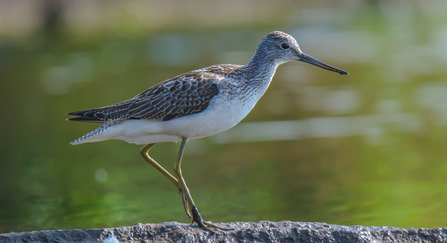It is widely known that humanity is facing a climate crisis, but less spoken about is the ecological crisis, and even less known is that the two are inextricably linked. We can’t solve the climate crisis, without also tackling the nature crisis.
Over the last century, we have lost around 97% of our wildflower meadows, along with many of our woodland, wetland, heathland and other habitats, and the species that rely on them.


